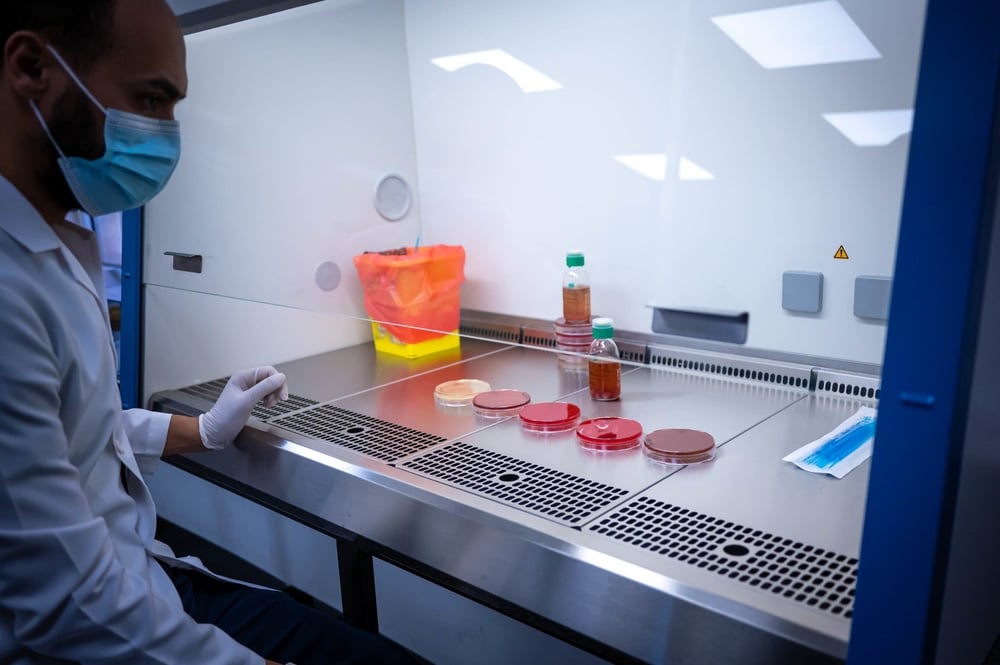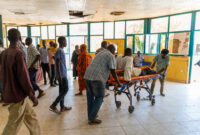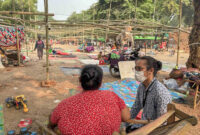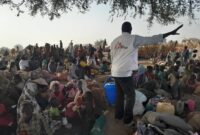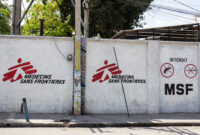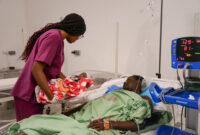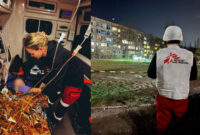Antibiogo: a revolutionary application to tackle Antibiotic resistance
Recently CE-certified, the Antibiogo application will be deployed as of this summer in several Doctors Without Borders/Médecins Sans Frontières (MSF) laboratories. This innovative diagnostic tool, developed and tested by the MSF Foundation to meet the needs of LMIC (Low and Middle Income Countries) will eventually be available in the form of a free, offline and downloadable application, and offers considerable hope for slowing down antibiotic resistance, a major public health threat.
This diagnostic tool enables non-expert laboratory technicians to measure and interpret antibiograms, the test which determines the sensitivity of bacteria to different antibiotics. This test that is essential to help doctors to prescribe the most effective antibiotics to their patients is usually interpreted by microbiologists who are not available in LMIC. Antimicrobial resistance (AMR), recognised by the WHO as a major public health threat, caused 1.27 million deaths in 2019. It could become the leading cause of mortality with ten million deaths per year globally from 2050 onwards if nothing is done.

“Thanks to Antibiogo, any microbiology laboratory technician, anywhere in LMIC, will be able to read and interpret an antibiogram directly on their telephone and know the resistance profile of the bacteria responsible for patient infection. Properly used, it is a fantastic new diagnostic tool which will help to ensure wider access to high-quality bacteriological tests even in the absence of microbiologists,” explains Dr Nada Malou, head of the Antibiogo program.
“This will make it possible not only to treat patients with the most appropriate antibiotics but also to reduce AMR.”
Dr Nada Malou | Head Of Antibiogo Program
TWEET THIS:
Furthermore, the vast majority of diagnostic tests are developed in high income countries in line with market logic and then, once they have been made profitable, are made available to countries with limited resources without taking into account the specificity of their contexts. “Antibiogo is innovative in that it was created based on the need identified in countries with limited resources, was developed with users in these countries and with their data, and was tested in the populations which are going to benefit from it. The development model of this medical device is the reverse of the one we usually observe, and meets real needs observed in LMIC”, continues Dr Nada Malou.
In high income countries, prescription of antibiotics is facilitated by the use of automated systems for reading and interpretation of antibiograms, and by the expertise of microbiologists. However, in LMIC, which do not have this expensive equipment or sufficient numbers of clinical microbiologists, identification of antibiotic resistance is much more complicated or often absent.
Antibiogo is based on image processing, artificial intelligence technology and an existing expert system. In practice, the application enables laboratory technicians to measure the inhibition diameters found on antibiograms and especially to interpret their results, without necessarily having expertise in microbiology
In the field, the results show a very high level of concordance, ranging from 90 to 98 per cent depending on the bacteria, when they are compared with the interpretation made by qualified microbiologists.
The Antibiogo mobile application developed by the MSF Foundation will be used first of all in MSF laboratories in Mali, the Central African Republic, Jordan and Yemen and will subsequently be deployed more widely. In the long run, this tool is intended for healthcare professionals in all Low- and Middle-Income countries. After final certification is obtained in 2023, the application will be able to be downloaded by all microbiology laboratories in LMIC.
